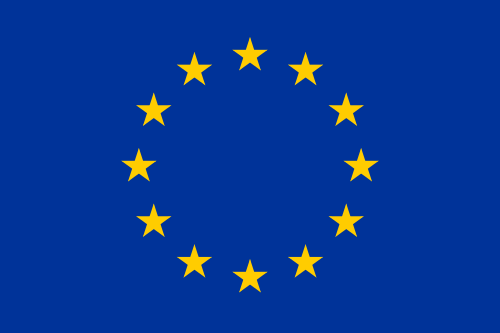Lettre ouverte sur la réforme du droit d'auteur en Europe
- 26 avril 2018

Le CNLL est co-signataire, avec d'autres organisations représentatives des industries et de la recherche dans la filière du logiciel, d'une lettre ouverte visant à attirer l'attention du Conseil Européen sur la proposition de Directive sur le droit d'auteur.
Le texte de cette lettre suit:
We, the undersigned, are writing to you ahead of your COREPER discussion on the proposed Directive on copyright in the Digital Single Market.
We are deeply concerned that the text proposed by the Bulgarian Presidency in no way reflects a balanced compromise, whether on substance or from the perspective of the many legitimate concerns that have been raised. Instead, it represents a major threat to the freedoms of European citizens and businesses and promises to severely harm Europe’s openness, competitiveness, innovation, science, research and education.
A broad spectrum of European stakeholders and experts, including academics, educators, NGOs representing human rights and media freedom, software developers and startups have repeatedly warned about the damage that the proposals would cause. However, these have been largely dismissed in rushed discussions taking place without national experts being present. This rushed process is all the more surprising when the European Parliament has already announced it would require more time (until June) to reach a position and is clearly adopting a more cautious approach.
If no further thought is put in the discussion, the result will be a huge gap between stated intentions and the damage that the text will actually achieve if the actual language on the table remains:
- Article 13 (user uploads) creates a liability regime for a vast area of online platforms that negates the Ecommerce Directive, against the stated will of many Member States, and without any proper assessment of its impact. It creates a new notice and takedown regime that does not require a notice. It mandates the use of filtering technologies across the board.
- Article 11 (press publisher’s right) only contemplates creating a publisher rights despite the many voices opposing it and highlighting it flaws, despite the opposition of many Member States and despite such Member States proposing several alternatives including a “presumption of transfer”.
- Article 3 (text and data mining) cannot be limited in terms of scope of beneficiaries or purposes if the EU wants to be at the forefront of innovations such as artificial intelligence. It can also not become a voluntary provision if we want to leverage the wealth of expertise of the EU’s research community across borders.
- Articles 4 to 9 must create an environment that enables educators, researchers, students and cultural heritage professionals to embrace the digital environment and be able to preserve, create and share knowledge and European culture. It must be clearly stated that the proposed exceptions in these Articles cannot be overridden by contractual terms or technological protection measures.
- The interaction of these various articles has not even been the subject of a single discussion. The filters of Article 13 will cover the snippets of Article 11 whilst the limitations of Article 3 will be amplified by the rights created through Article 11, yet none of these aspects have even been assessed.
With so many legal uncertainties and collateral damages still present, this legislation is currently destined to become nightmare when it will have to be transposed into national legislation and face the test of its legality in terms of the Charter of Fundamental Rights and the Bern Convention.
We hence strongly encourage you to adopt a decision-making process that is evidence based, focussed on producing copyright rules that are fit for purpose and on avoiding unintended, damaging side effects.